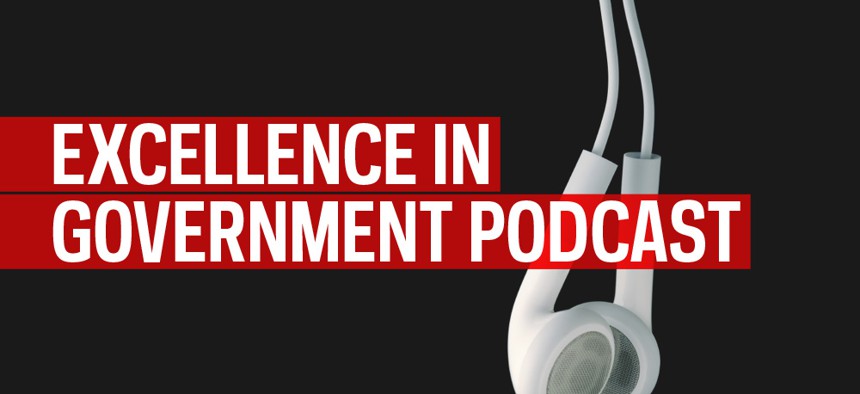Givers, Takers and Matchers: The Secret to Success in Government
Author of new book says givers are more likely to succeed and advance.
Listen to the story:
Download this episode | Subscribe on iTunes
We’ve all been taught that those who succeed are the sharks--the one’s who ceaselessly pursue their own self-interest. They’re aggressive. They’re ambitious. They’re laser focused on their own needs. The successful, we’re told, are the takers. But our guest, Wharton Business School Professor Adam Grant, argues the opposite.
Grant has spent 10 years studying success and, in particular, the dynamic between givers and takers. In his new book, Give and Take: A Revolutionary Approach to Success , Grant argues that most of us are matchers—we give favors in return for a favor later. But his research has found that those who are most successful tend to be givers—those who give openly and unreservedly.
When it comes to work, whether public or private sector, Grant’s research showed that givers tend to be those most often in line for promotions and advancement. “Groups reward individual sacrifice,” said Grant. “Employees who go above and beyond the call of duty end up earning the respect, trust and goodwill of their team members and then, overtime, those are the employees who are most likely to get promoted and rewarded.”
What Grant called “the hidden benefit” of being a giver in a government organization is that givers, by virtue of thinking in terms of how their work benefits others in the organization, tend to weed out bad ideas and hone in on ideas that are of most benefit to organizational mission and those they serve. This “others first” filter makes givers more intrinsically motivated, creative and collaborative—which are often the qualities senior leaders are seeking to elevate and reward.
If you’re not a giver right now Grant recommends these two strategies to get you started:
- Do more “five minute” favors: Make an introduction between two colleagues who would benefit from knowing each other or take time to acknowledge someone who normally goes unappreciated. “Look at what you can do that’s high value to other people but low cost to you,” said Grant.
- Reconnect with old friends and colleagues: Research in the field of organizational psychology shows that the people who can give you the best advice and information are often those you used to know. Your “dormant ties” didn’t put their life on pause when you stopped talking, they’ve been meeting new people and learning new things. Reconnecting gives you the opportunity to help an old friend and have that help offered to you in return. “And there’s a giver advantage here,” said Grant. “If you’ve been a giver there’s a lot of goodwill lurking in your dormant ties.”
Find out more about Grant’s book at giveandtake.com (where you can take an assessment to determine whether or not you’re a giver) and, for a long read, check out the cover story written about him in The New York Times Magazine .
Listen to the podcast for our full interview with Grant and learn more about his research, some of his surprising findings and other ways you and can be more giving—and perhaps a little more successful too.
Does being a giver work in government? Share your thoughts in the comments.
NEXT STORY: Agriculture Department Might Escape Furloughs








